The 16 Best Eye Creams, According to Dermatologists and Editors
Designed to brighten, depuff, and firm.

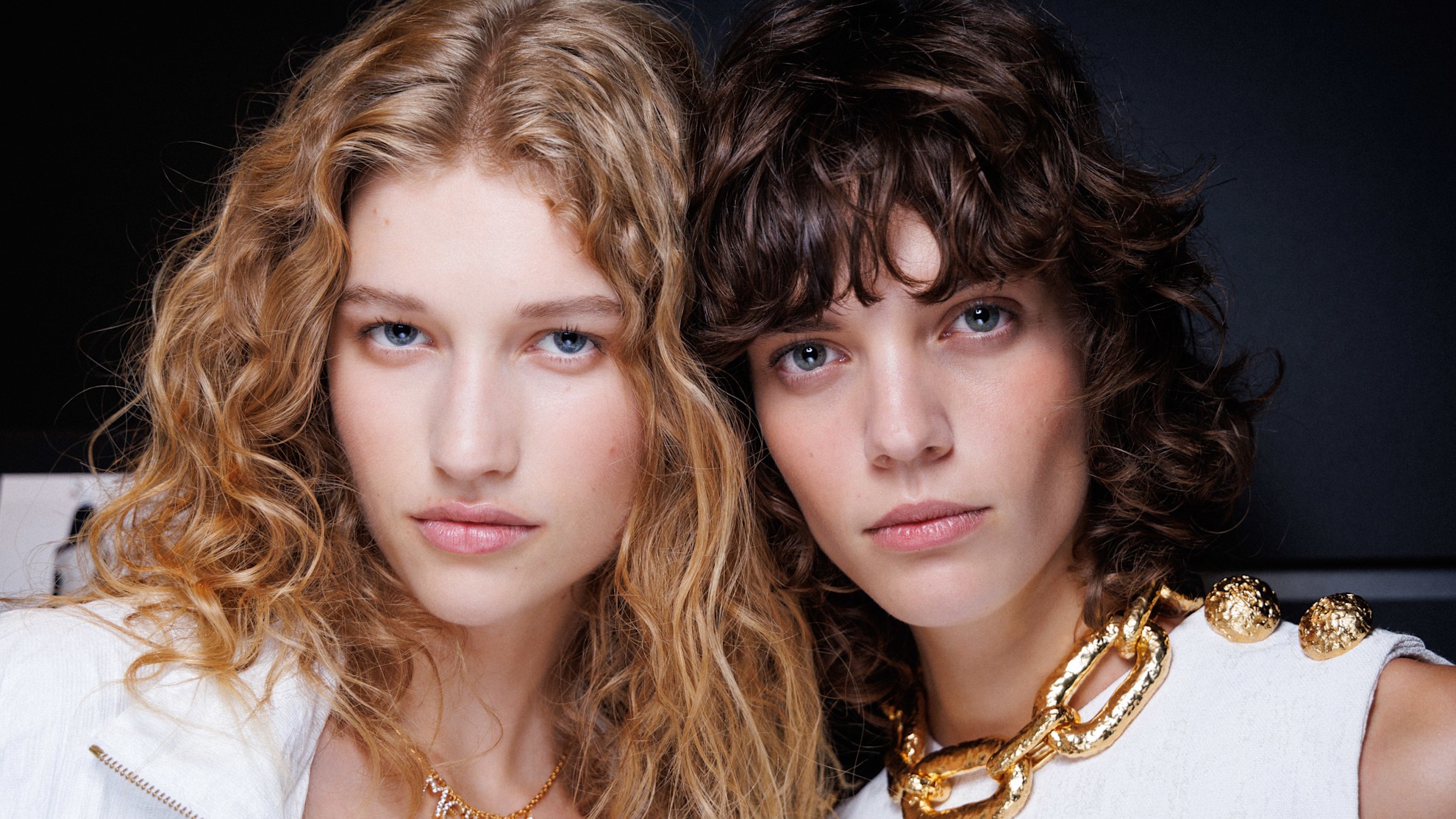
Very rarely do I get a full eight hours of sleep. I also really like salty foods, so you can imagine my under-eyes look nice and puffy most days. Thankfully, I've been able to discover the best eye creams that leave me looking refreshed and awake—but not all formulas are created equal. Most formulas are hydrating, but some eye creams help puffy eyes, a handful combat dark circles, others tackle fine lines and wrinkles, and my favorites even do it all.
Whether you prefer lightweight gels or richer textures, eye creams are an essential part of any skincare routine. “The skin around the eyes is among the thinnest and most sensitive on the body," board-certified dermatologist Joshua Zeichner, MD FAAD, explains, So even with “everyday activities like smiling and squinting, the skin around the eyes is exposed to daily trauma and skin folding.”
You'll want to check the ingredients, too, in order to figure out which product will best target your concerns (I'm an under-eye brightening girl). “Ingredients like vitamin C or niacinamide work well to brighten the skin and reduce the appearance of shadows. For puffiness, ingredients like caffeine or using a cooling applicator help to depuff and reduce swelling," says board-certified dermatologist Marisa Garshick, MD FAAD shares. When it comes to wrinkles, “retinoids, bakuchiol, peptides, hyaluronic acid, and antioxidants are effective, as they support collagen production and help to reduce the appearance of lines over time.”
To help narrow down the hundreds of products on the market, we hand-tested dozens of to round up the 17 best. We also spoke to Zeichner, Garshick, and board-certified dermatologist Howard Sobel, MD FAAD to find out what to look for and how to use the best eye creams.
The Best Eye Creams
- Best Eye Cream Overall: Boissance Squalane and Peptide Eye Gel
- Best Eye Cream for Sensitive Skin: U Beauty The Return Eye Concentrate
- Best Eye Cream for Dryness: Fenty Skin Thicc N Smooth Rich Peptide Eye Cream
- Best Lightweight Eye Cream: Babor Instant Fresh & Smooth Eye Serum + Patches
- Best Luxury Eye Cream: Lancôme Absolue L'extrait Elixir Wrinkle Reducing & Smoothing Eye Treatment
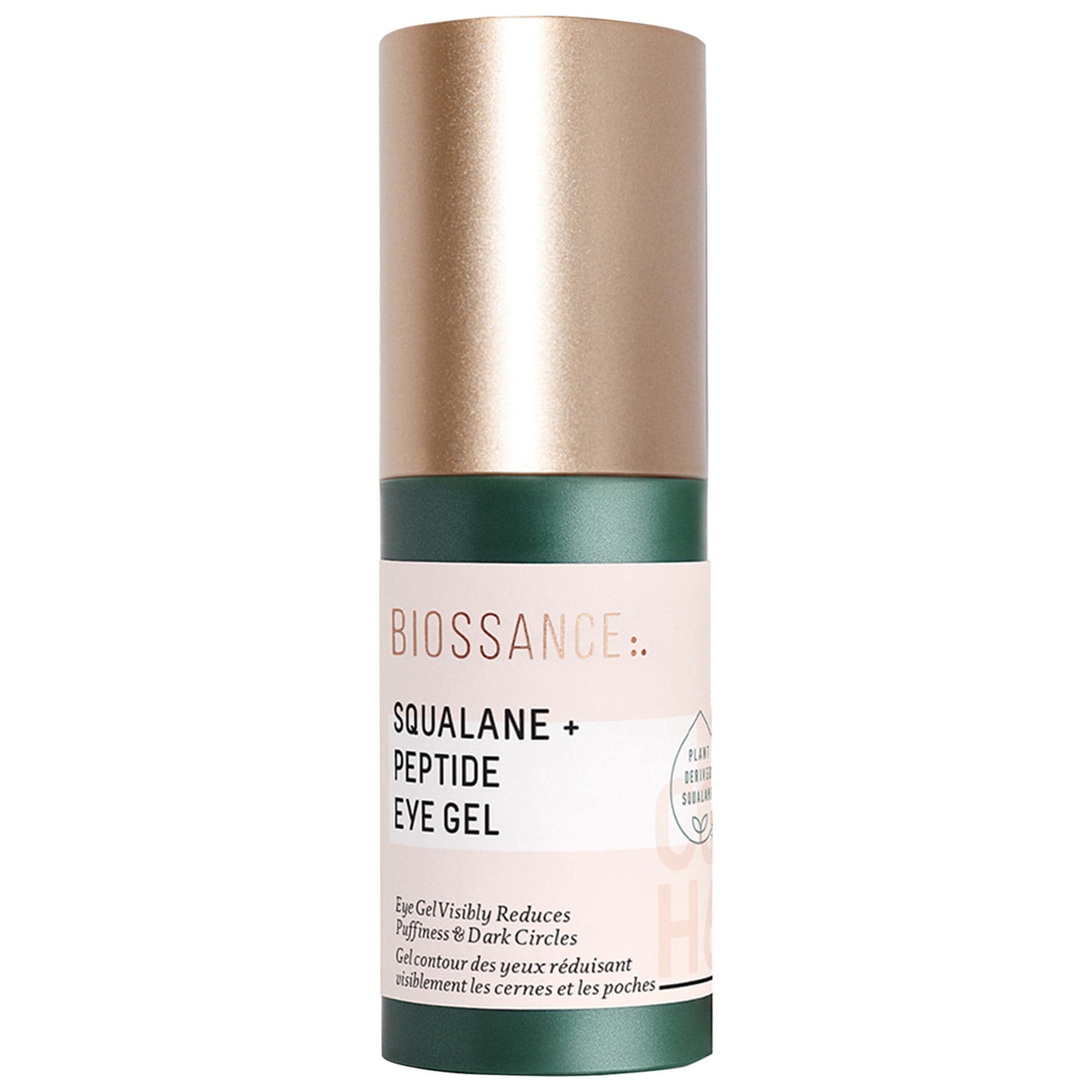
If you struggle with swollen eyes, meet your new holy grail eye cream. This product uses plant-derived technology along with squalane, peptides, caffeine, and hyaluronic acid to quickly de-puff and plump the under-eye skin. With just a small drop of this lightweight gel, your eyes will look well-rested and hydrated. Not to mention, it's vegan, cruelty-free, and uses recyclable packaging.
Key Ingredients: Acetyl Hexapeptide-8, caffeine, squalane
Size: 0.5 ounces
Texture: Lightweight gel
What We Love: Great for sensitive skin; works fast; no pilling; great hydration or wearing under makeup
What We Don't: Doesn’t last too long
Review for MC: “This light-weight eye gel de-puffs my eyes like magic. I’m constantly waking up with swollen eyelids and puffed-up under eyes, but this eye cream never fails to save the day. After applying the product to my delicate under-eye skin and a little on the lids, the swelling decreases immensely within a few quick minutes. I never have to stress about waking up early and rushing out of the house with puffy eyes thanks to Boissance!” — Emma Aerin Becker, Freelance Beauty Writer
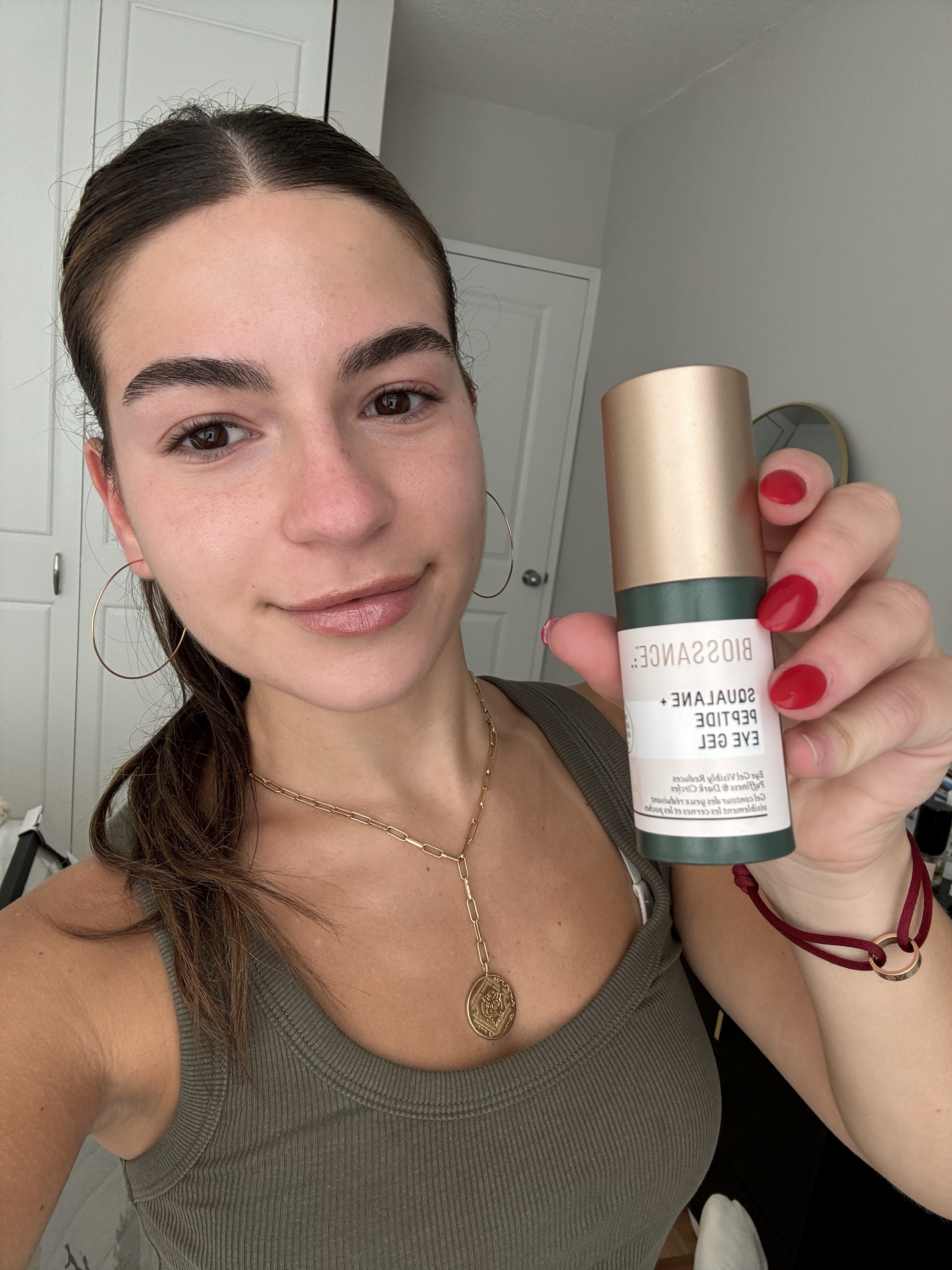
Emma Aerin Becker loves the de-puffing magic of Biossance's Squalane + Peptide Brightening & De-Puffing Eye Gel.
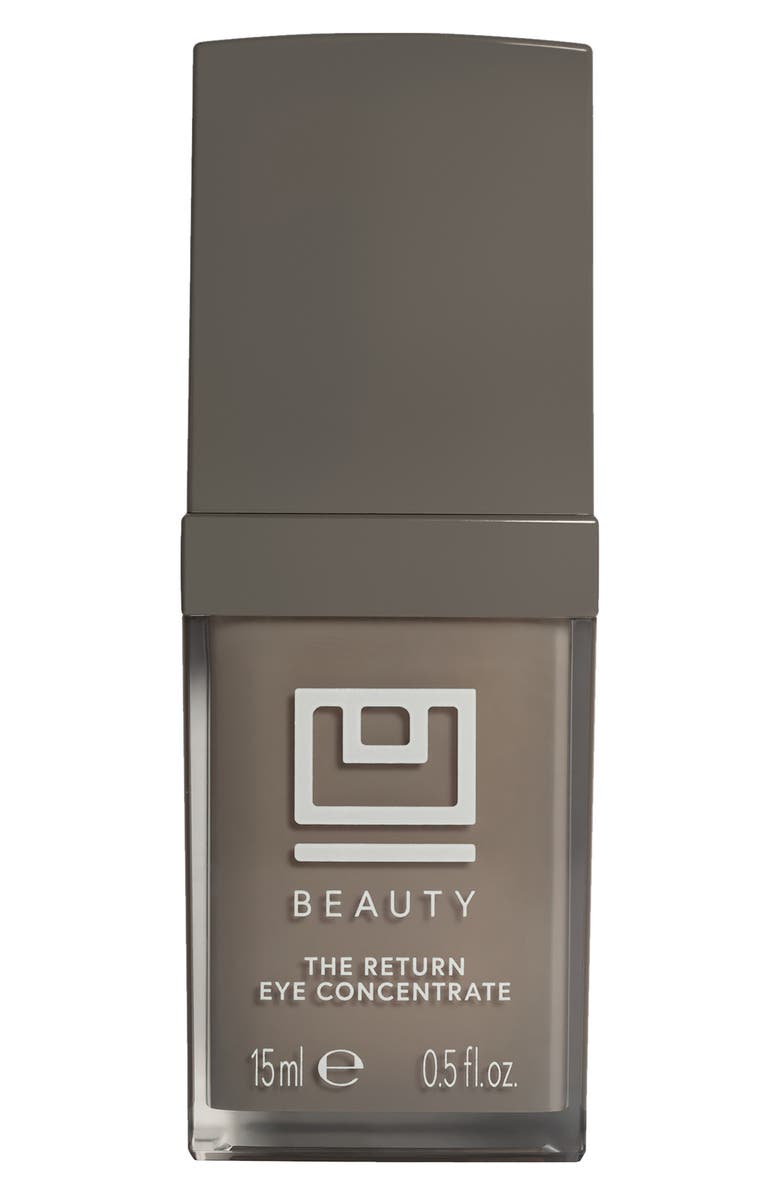
In an independent, third-party clinical trial, 93 percent of participants reported a decrease in under-eye puffiness, so you know this eye cream is legitimate. It takes a 360-degree approach to under-eye concerns, protecting against environmental effects, stress, and the look of fatigue. The fanciest ingredient in the formula is pure diamond powder, which gives the under-eye skin an illuminating glow.
Key Ingredients: Hyaluronic acid, glycolic acid, diamond powder
Size: 0.5 ounces
Texture: Smooth, yet thin concentrate
What We Love: Luxurious texture; shows results instantly and over time; not irritating on sensitive skin or eyes; refreshes the look of the under-eye contour
What We Don't: Has a high price point
Review for MC: “I've always been pretty ambivalent toward eye creams. For a while, I thought a thin layer of Vaseline was just as good at locking hydration as any higher-priced alternative. Everything changed as soon as I incorporated U Beauty into my routine. The formula is gentle enough for my sensitive skin and eyes (almost every other product irritates them), but still has powerful actives that have noticeably faded by dark purple circles and helped with morning puffiness. The littlest pump goes such a long way too, making this well worth the investment.” — Samantha Holender, Beauty Editor
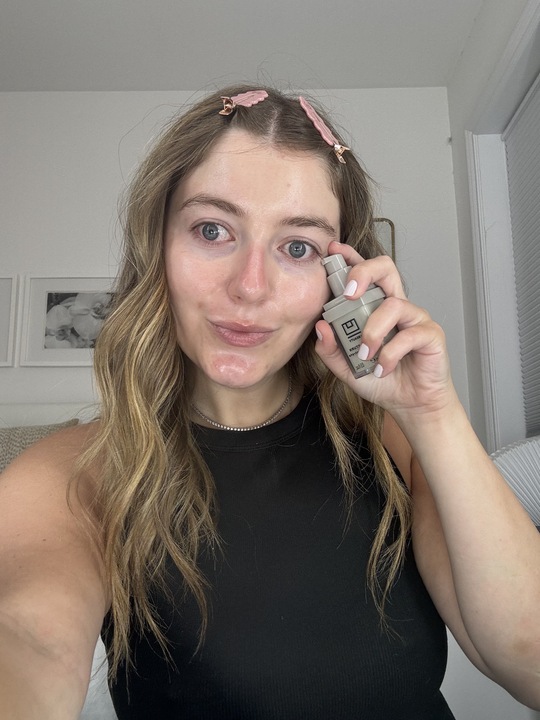
Samantha loves the glowy finish of U Beauty's eye cream.
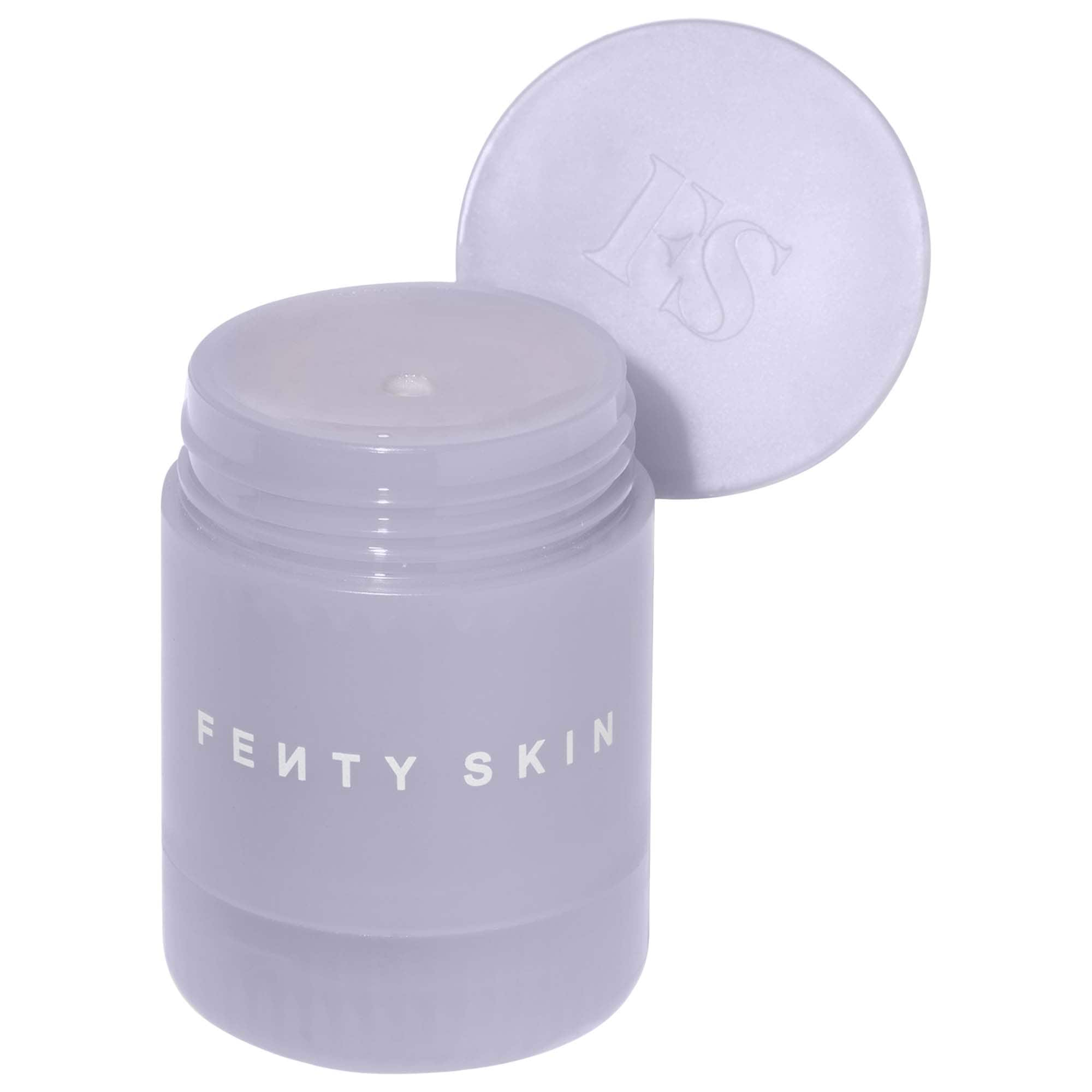
Rihanna can do no wrong—and this Fenty Skin eye cream is proof. The thick cream texture provides intense hydration for those who struggle with dry under eyes, using hyaluronic acid, polyglutamic acid, and illipe butter. Plus, it has some peptides and caffeine in the mix, so it will help brighten and reduce the look of puffiness.
Key Ingredients: Hyaluronic acid, polyglutamic acid, illipe Butter
Size: 0.5 ounces
Texture: Ultra-thick cream
What We Love: Intense hydration; multi-purpose; great for under makeup
What We Don't: The packaging is slightly difficult to use
Review for MC: “As someone with dry skin, this eye cream has saved my flaky under eyes. The extra-thick—or should I say, thicc—formula hydrates my skin like no other, and makes my dark circles appear much lighter and brighter. I especially love using the product before applying concealer, as I find it works as the perfect base for a seamless blend and brightened look.” — Emma Aerin Becker, Freelance Beauty Writer
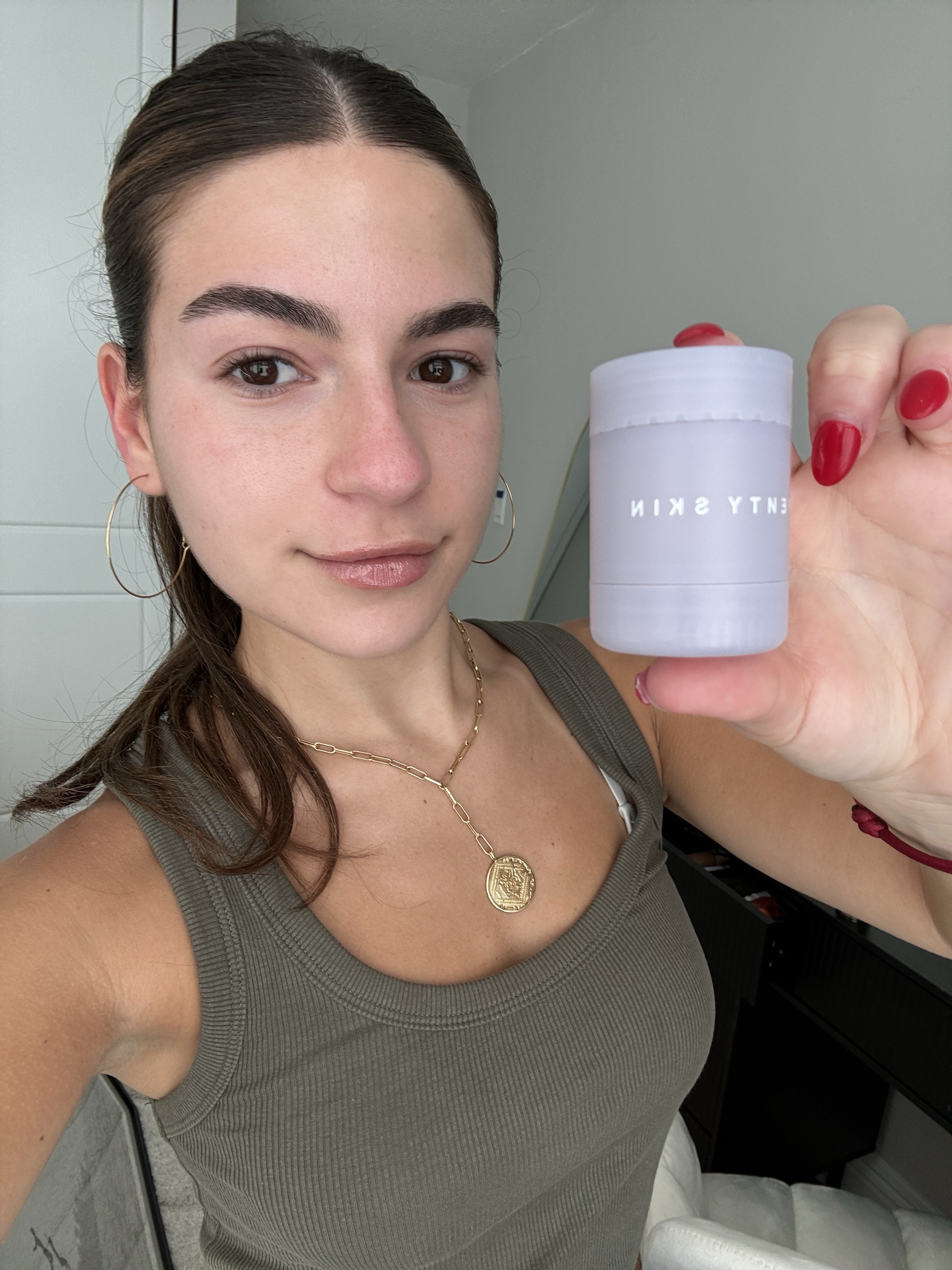
Emma Aerin Becker uses the Fenty Beauty Thicc N Smooth Eye Cream.
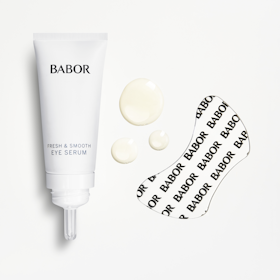
This serum and eye patch duo is a travel must-have. The hydrating aloe vera-based gel is weightless, and the under-eye patches ensure the product will fully soak into your skin. The best part? The patches are made of silicone, so they're completely reusable. Simply pat the product under your eye and lay the patches on top, and your bags will disappear in no time. The serum even contains delicate glow pigments that leave your eyes bright and radiant.
Key Ingredients: Aloe vera, hyaluronic acid, polyglutamic acid
Size: 0.5 ounces
Texture: Thin serum and silicon patches
What We Love: Reusable patch and serum duo; lightweight; hydrating; fast-acting
What We Don't: Have to thoroughly clean and dry patches after each use
Review for MC: “This summer, I had a lot of work travel in sunkissed cities that were filled with loads of adventure, tons of sun and not enough sleep. The result: my under eye bags (my long-standing concern) got darker in color. As a big Babor fan, I was excited to see how their eye patches would live up to my intense travel schedule. And I’m happy to say, they did. Not only does it come with super lightweight eye serum, but the patches are reusable and a great option for long hauls (yes, I’ve worn them on the plane — they’re really cute!) and week-to-longer trips. But most importantly, they’re effacious. After just 15 minutes, my under eye area appear less dark and I look like I’ve slept my regular nine to 12 hours a night.” — Natasha Marsh, Freelance Beauty Writer
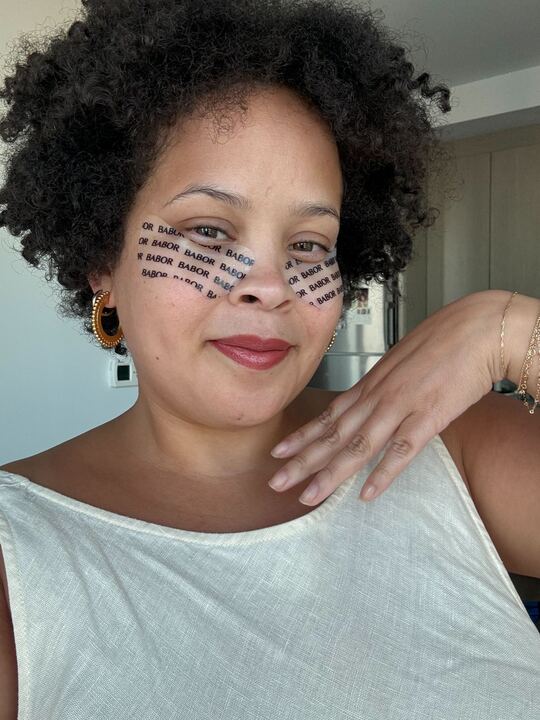
Natasha Marsh loves using the Babor Instant Fresh & Smooth Eye Serum + Patches on travel days.
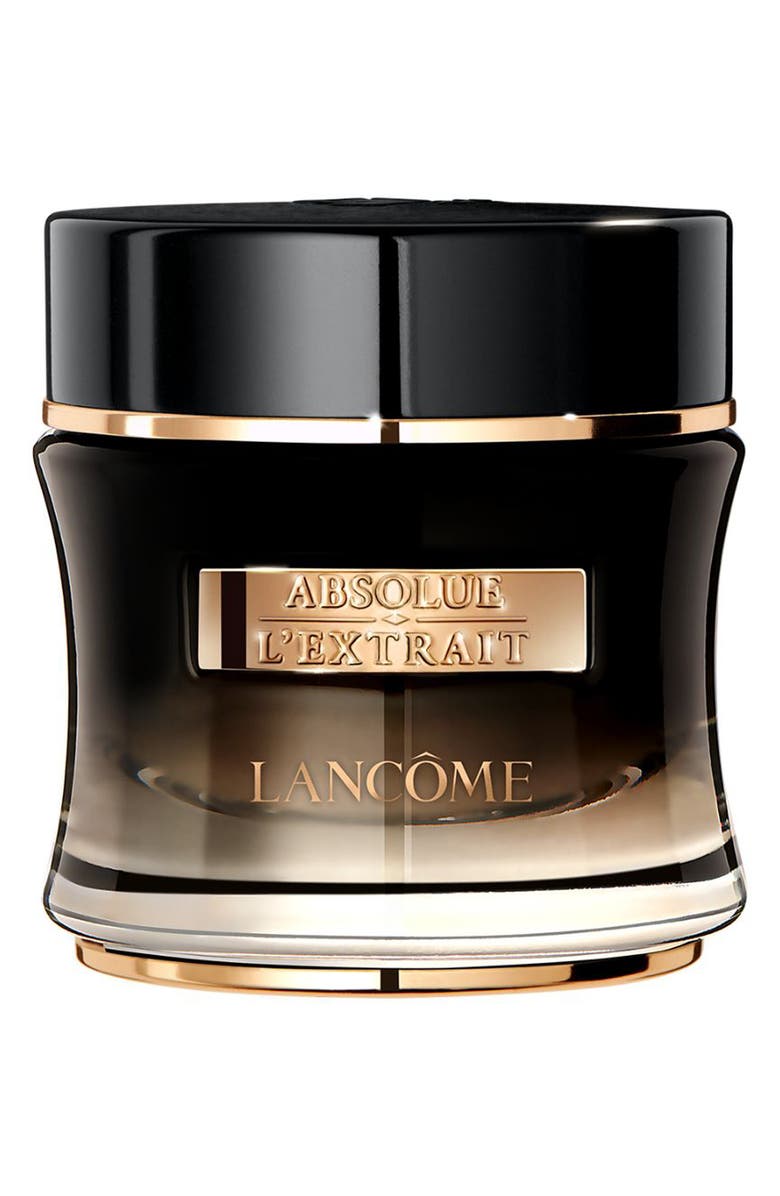
Every now and then, you deserve to splurge on skincare, right? This eye cream may be pricey, but with its multi-purpose formula and luxuriously creamy texture, it just might be worth it. The product uses botanical extracts and salicylic acid combinations to target wrinkles, dark circles, and hollow, dull eye bags. Lightly swirling this around the eye—yes, it works for your eyelids, too—leaves you with bright and refreshed-looking eyes all day long.
Key Ingredients: Rose extract, blackbiosis extract, capryloyl salicylic acid, proxylane
Size: 0.5 ounces
Texture: Lightweight cream
What We Love: De-puffs; immediate brightening; anti-aging; lightweight
What We Don’t: Expensive
Review for MC: “Sometimes products are pricey for a reason—and this is one of those times. This eye cream addresses every problem area. It combats my constantly puffy eyes, brightens up my dark circles, and even reduces wrinkles in the long run. I pat the product around my eyes morning and night, and the results have blown me away. I’ve found that consistent use of this eye cream makes the biggest difference.” — Emma Aerin Becker, Freelance Beauty Writer
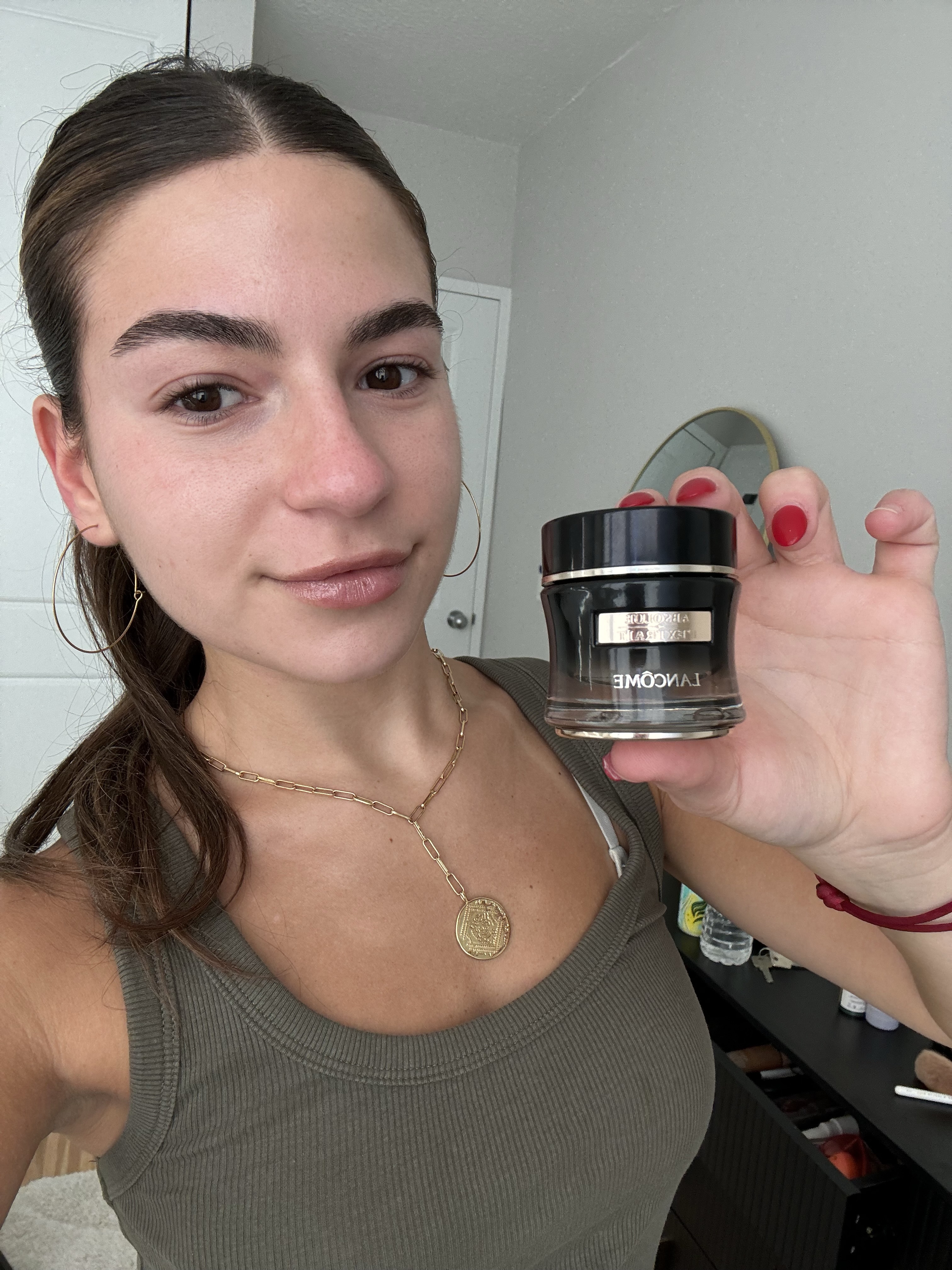
Emma Aerin Becker loves the luxurious feel of her Lancôme Absolue L'Extrait Elixir Wrinkle Reducing & Smoothing Eye Treatment.
Other Eye Creams We Love
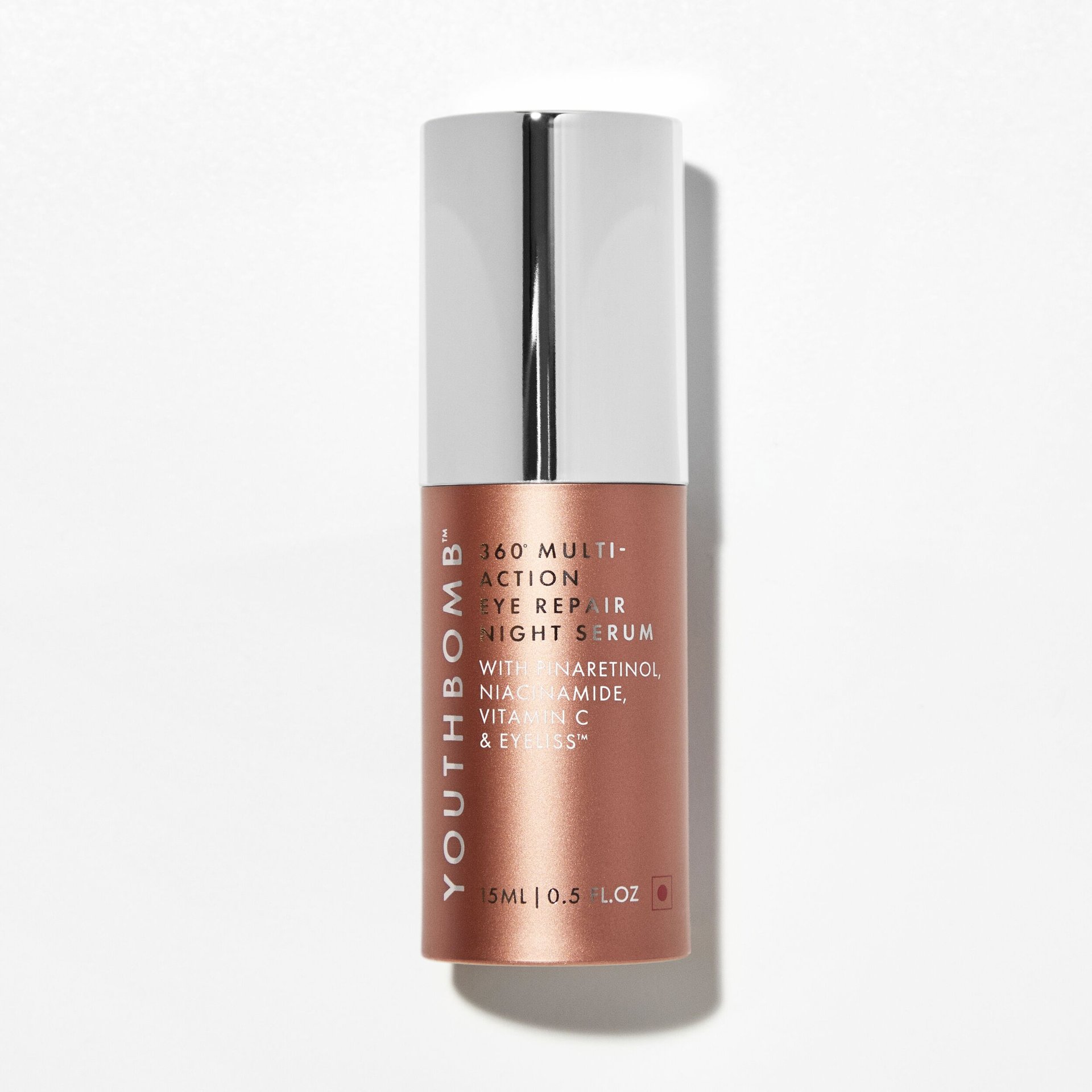
Both Dr. Garshick and Dr. Zeichner agree that Beauty Pie's eye creams can't be beat. This particular option has a light texture that helps to firm, smooth, brighten, and de-puff your under eyes. Garshick boasts that by "combining pina-retinol, niacinamide, and vitamin C with the three percent Eyeliss (an ingredient that reduces fluid buildup), this eye serum helps to reduce puffiness while also soothing the skin."
Key Ingredients: Pine-retinol, niacinamide, vitamin C, eyeliss, tremella fuciformis
Size: 0.5 ounces
Texture: Gel-like serum
What We Love: Dermatologist approved; lightweight consistency; multi-purpose; great or all ages and skin types
What We Don’t: Some reviewers with sensitive skin found the product too strong
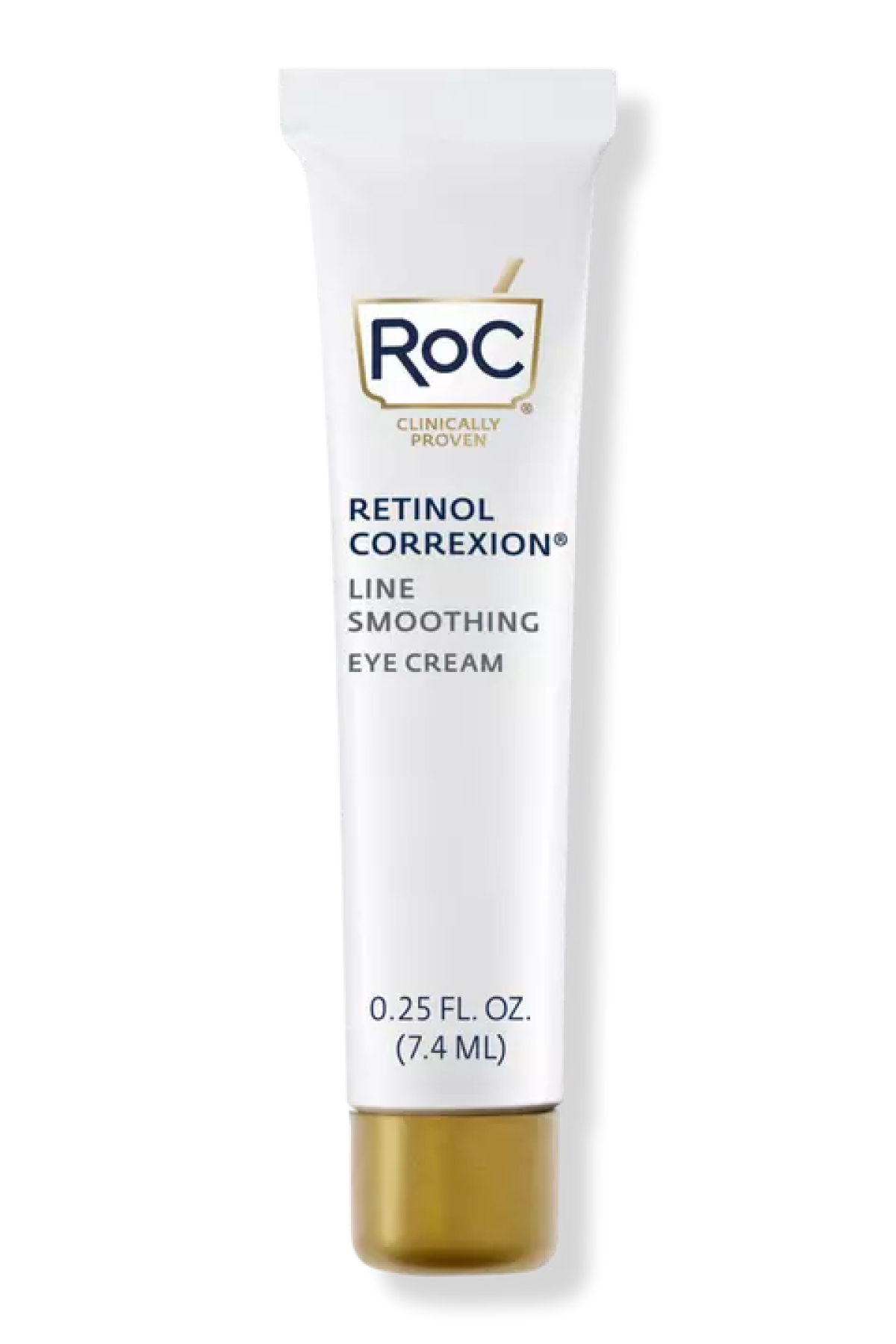
RoC Skincare has somehow figured out how to package retinol in a way that won't irritate the eyes and sell it at an affordable price. Powered by pure retinol, wrinkles and fine lines are instantly smoothed and visibly reduced. Don't let the stereotypically irritating side effects of retinol deter you—this cream is gentle enough to use daily. "It is specifically formulated for the delicate skin around the eyes, making it a great option for all skin types as it is also hydrating on the skin," Dr. Garshick explains.
Key Ingredients: Retinol
Size: 0.5 ounces
Texture: Light cream
What We Love: Firms fine lines and wrinkles; Brightening; Dermatologist-tested; Gentle enough for sensitive skin.
What We Don't: Some reviewers note the packaging could be improved.
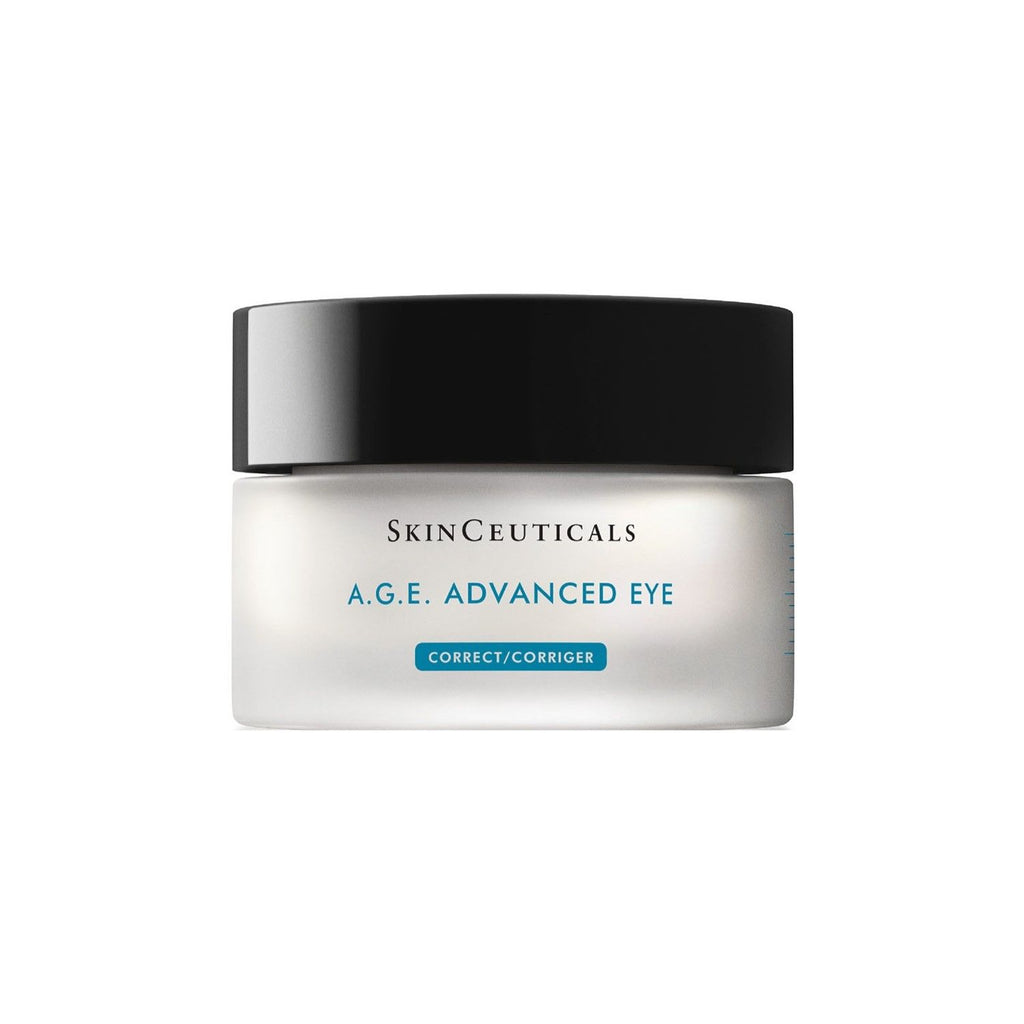
This eye cream is an anti-aging powerhouse. It's going to fight crows' feet, dark circles, and puffiness. How it does this, you ask? A combination of proxylane, blueberry extract, and peptides boost radiance and create a youthful appearance. This product counts Hilary Duff as a fan, too. “I am obsessed with this,” she previously told New Beauty. “It’s super velvety and moisturizing and has immediately brightened my dark circles.”
Key Ingredients: Pryloxane, caffeine, Glycyrrhetinic Acid
Size: 0.5 ounces
Texture: Dry-finish balm
What We Love: Great for mature skin; celebrity-approved; reduces wrinkles
What We Don't: Some found the product difficult to fully rub in
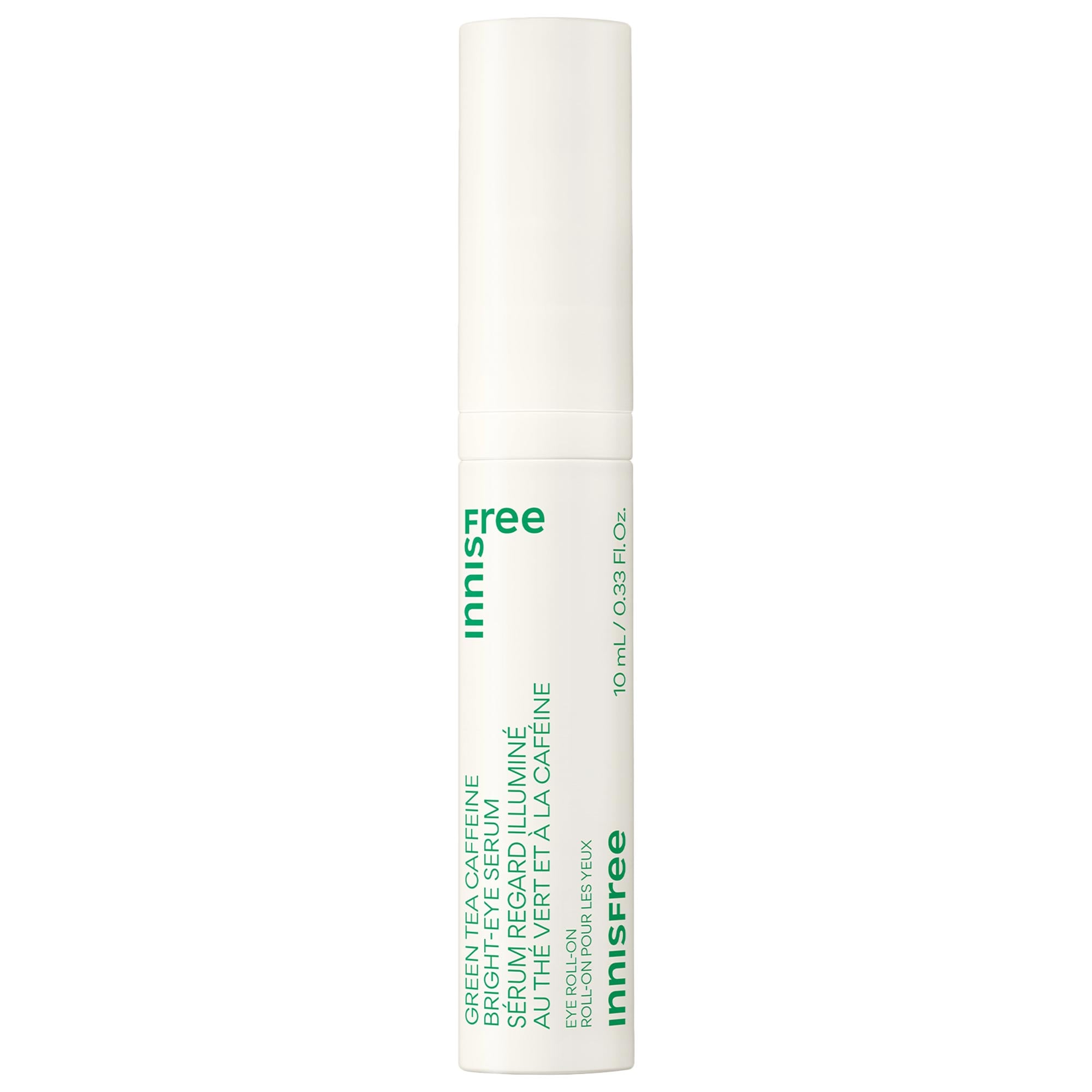
This lightweight under-eye serum is the perfect brightening and de-puffing eye cream for on-the-go application. With hyaluronic acid and caffeine, this product reduces swelling and hydrates your skin fast. And the cooling, roll-on ball applicator not only adds an extra de-puffing factor but also makes swiping the product under your eyes incredibly quick and easy. With the addition of niacinamide, the serum also helps brighten the look of dark circles.
Key Ingredients: Green tea, caffeine, niacinamide
Size: 0.33 ounces
Texture: Lightweight serum
What We Love: Under $50; hydrating; depuffing; brightening; easy-to-use cooling applicator
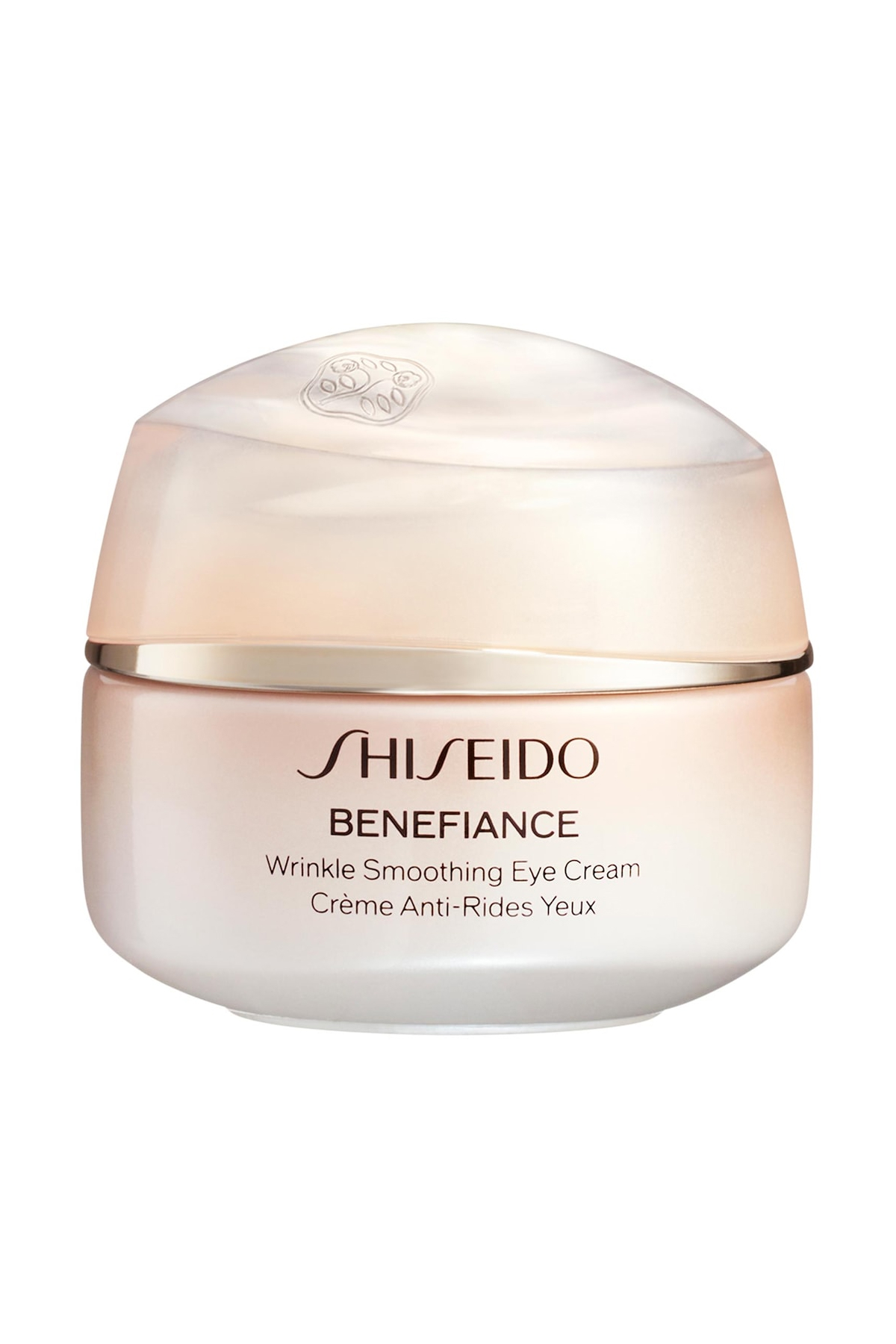
Botanicals backed by science? Count us in. This cult-favorite eye cream's new-and-improved formula now tackles dark circles in addition to firming up wrinkles. Green brown and red algae slow wrinkle formation, while a blend of extracts (mukurossi, chlorella gambir, turmeric) helps conceal the appearance of those already formed. A peptide complex highlights the skin's softness and enhances elasticity, while ginseng extract brightens eyes and reduces dark circles. A little goes a long way, too, so this jar will last you months and months.
Key Ingredients: Peptides, squalene, ginseng extract
Size: 0.51 ounces
Texture: Cream
What We Love: Smooth and creamy texture; reduces wrinkles and dark circles in just one week
What We Don't: Has a light fragrance
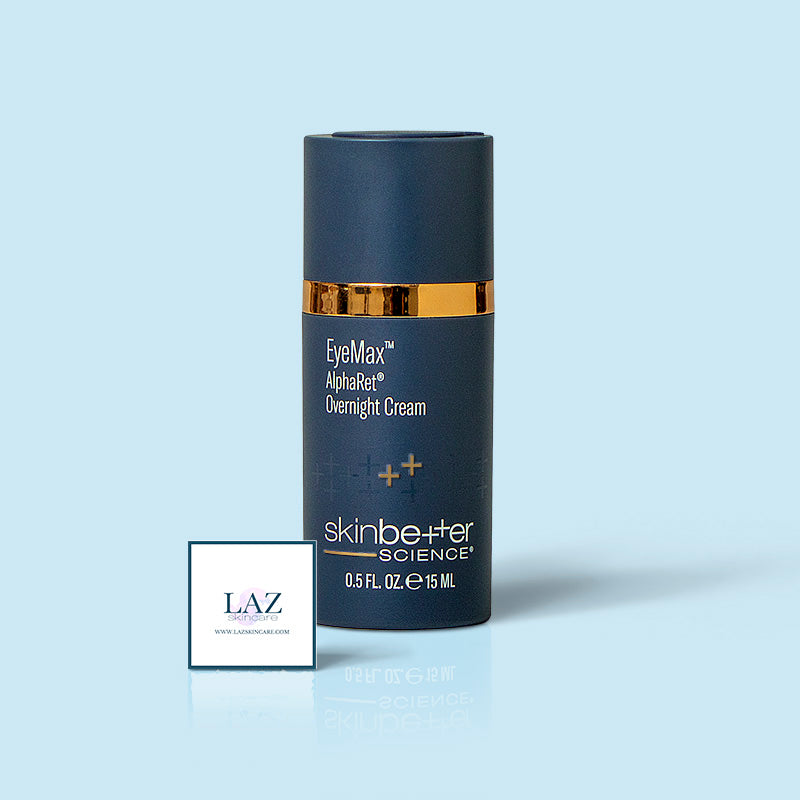
This dermatologist-tested eye cream really does do it all. Designed for overnight use, the product improves the appearance of dryness, crepiness, puffiness, wrinkles, and darkness around the eyes. With a patented mixture of retinol and alpha hydroxy acid in combination with antioxidants, it can provide defense against environmental stressors. Apply a rice grain amount to clean dry skin under and around the eye, and dab eye concerns away.
Key Ingredients: Retinol, alpha hydroxy acid, antioxidants
Size: 0.5 ounces
Texture: Thicker cream
What We Love: Addresses every under-eye concern; dermatologist-tested; award-winning
What We Don't: Takes four to 12 weeks to see full results
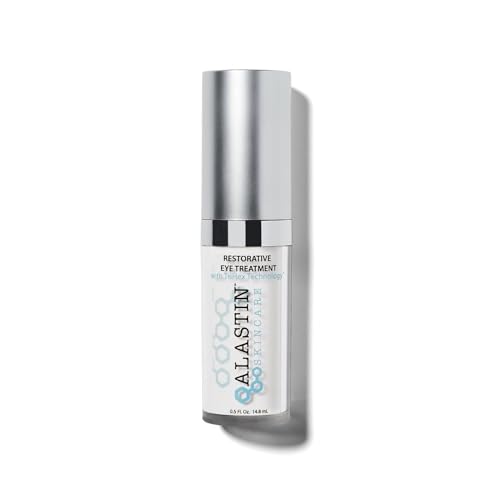
Powered by a green tea extract, a peptide complex, niacinamide, and the brand's proprietary TriHex technology, this anti-aging eye cream is equipped to tackle all your pain points. Dark circles will be diminished, bags will be firmed, wrinkles will smooth, and puffiness will be effectively de-puffed. The texture is more silky than creamy, which makes it a great option for every day use. Unlike some other options, this is safe to use on the eyelid too, resulting in smoother skin texture and less wrinkles from top to bottom.
Key Ingredients: TriHex Technology, green tea extract, niacinamide
Size: 0.5 ounces
Texture: Silky cream
What We Love: Very multi-benefit product with a texture that’s very easy to spread out; jar lasts a long time; sanitary dispenser; hypoallergenic and fragrance-free
What We Don’t: Sometimes the pump doesn’t want to work
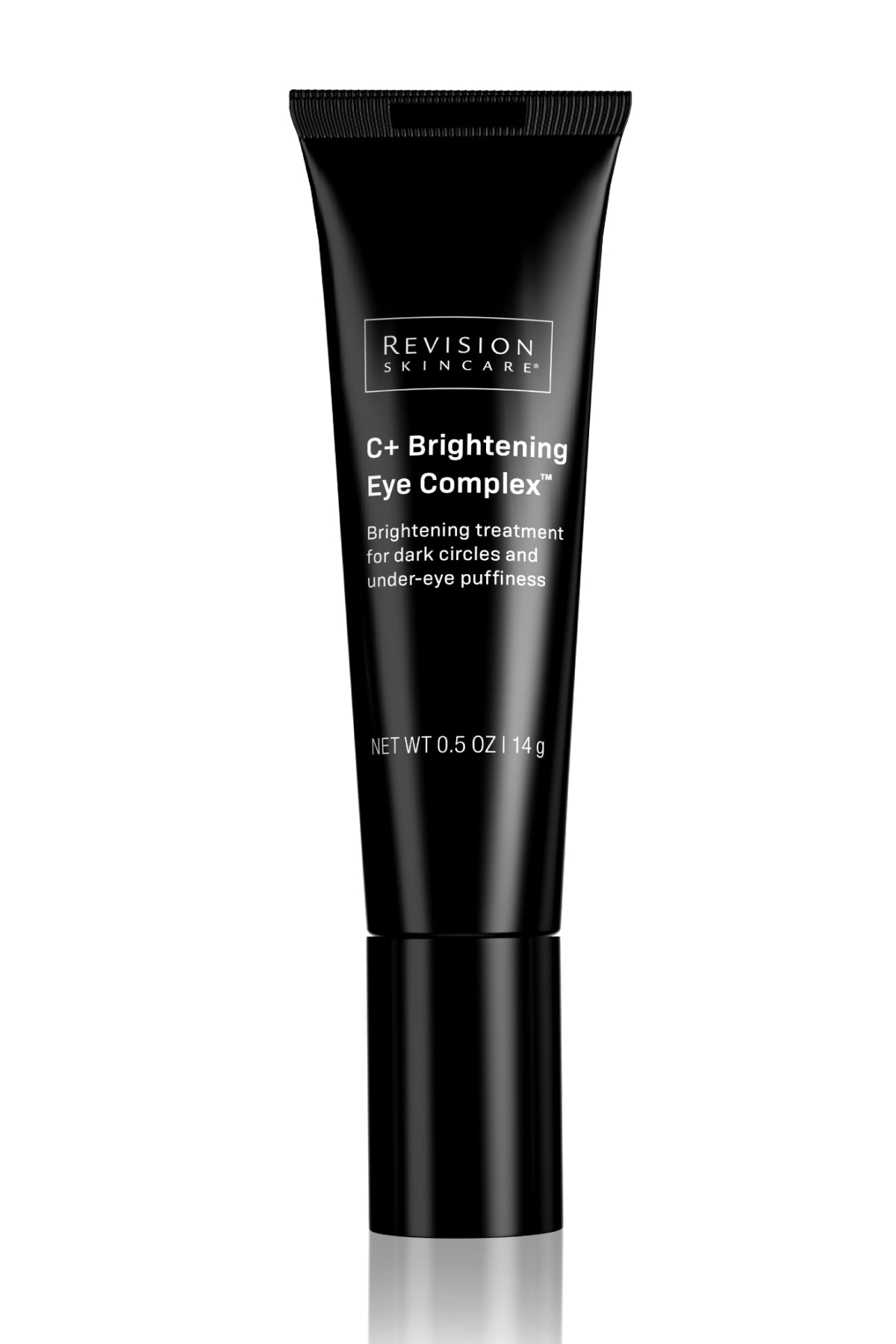
As a medical-grade brand, Revision Skincare's eye cream is bound to produce great results. With the help of antioxidants and MelaC+™ Technology, this eye cream works wonders for brightening up your dark circles. Add 10 percent of potent vitamin C to the mix; this tube will surely leave your eyes brighter than ever.
Key Ingredients: Vitamin C, peptides, antioxidants
Size: 0.5 ounces
Texture: Lightweight cream
What We Love: Cooling metal applicator; immediate brightening effect; dermatologist-approved
What We Don’t: Recommended to be used twice daily
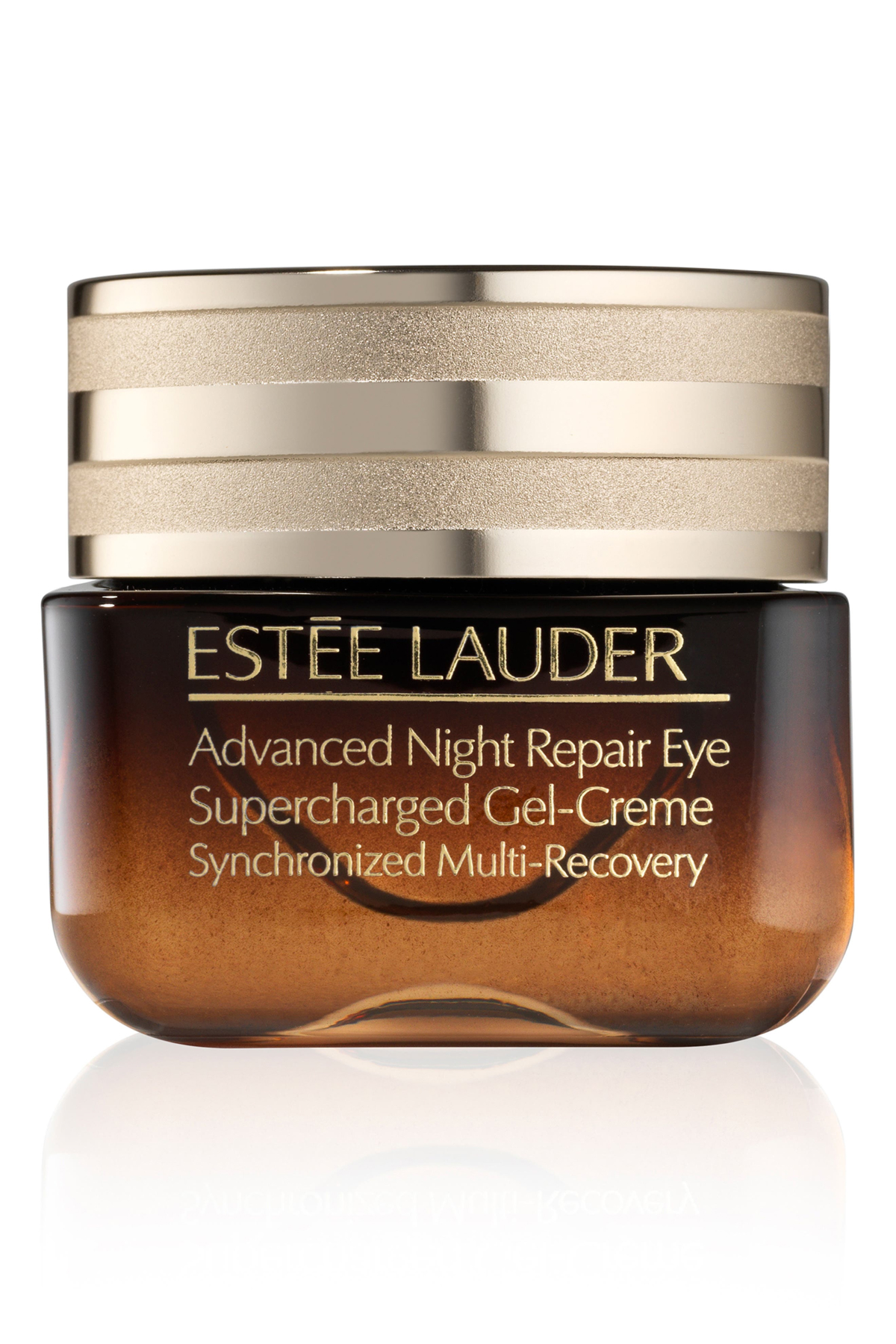
Do you want to wake up looking like you slept for 12 hours every day? Allow me to introduce this multi-power product, which reduces dark circles beautifully with consistent overnight use. The silky gel-cream formula contains potent vitamin E and antioxidants, targeting both blue/purple and brown under-eye circles.
Key Ingredients: Antioxidants, hyaluronic acid, vitamin E
Size: 0.5 ounces
Texture: Gel-cream
What We Love: Lightweight; fast-absorbing; works overnight and throughout the next day
What We Don’t: Takes two weeks to see results
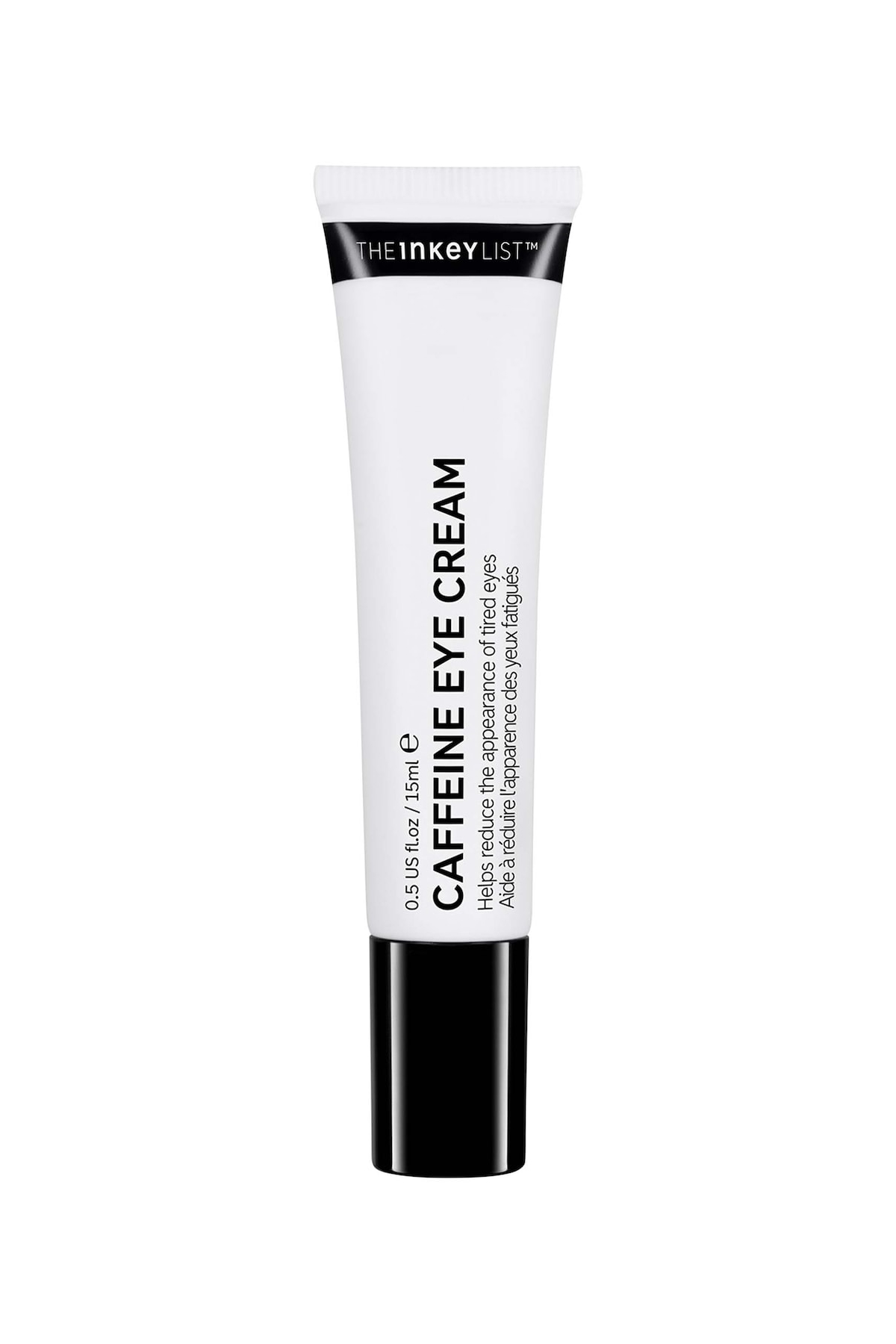
I've long been a fan of The INKEY List for their no-nonsense formulas at affordable prices, and their Caffeine De-puffing + Dark Circle Eye Cream is no exception. For just $11, you get a hydrating eye cream that works magic on dark circles and puffiness thanks to its star ingredient: caffeine. Even in just one use, this cream depuffs, brightens, and creates a smooth base for makeup, meaning this cream would be especially useful in your morning skincare routine.
Key Ingredients: Caffeine, peptides, Albizia Julibrissin bark extract
Size: 0.5 ounces
Texture: Lightweight cream
What We Love: Immediate de-puffing results; great price point; really effective on dark circles
What We Don’t: Runs out quickly
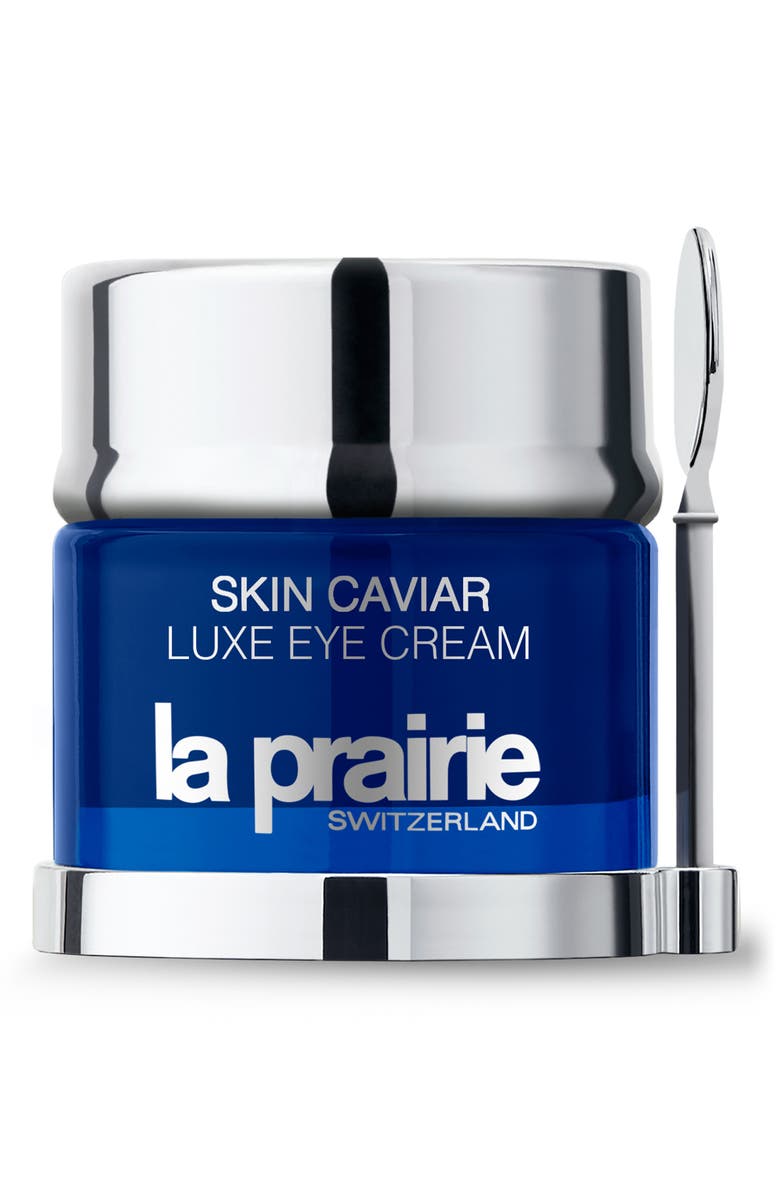
Last but certainly not least, this eye cream is the best on the market for lifting and firming those pesky under eye bags. Though expensive, it holds more product than most, comes with a cooling, metal spatula, and has a luxurious silky texture that glides onto the skin effortlessly. It targets loss of firmness and elasticity, the appearance of fine lines and wrinkles, dryness, and dark circles using their beloved Caviar Premiere moisturizing formula.
Key Ingredients: Caviar extract
Size: 0.7 ounces
Texture: Silky cream
What We Love: Luxurious texture; intense hydration; visibly lifts and firms skin around eyes
What We Don’t: Very expensive
What to Look For in an Eye Cream
Eye creams are not one size fits all. Different products target specific concerns with different combinations of ingredients. To make it easy, Dr. Sobel breaks it down for you here.
- Dark circles: To combat pesky dark circles, Dr. Sobel recommends looking for clean, energizing ingredients that brighten and promote glow. “Caffeine, peptides, green tea, and antioxidants will help to shrink blood vessels and brighten the area,” he explains.
- Puffiness: To minimize puffiness, look for eye creams that use natural ingredients like cucumber, chamomile, and hyaluronic acid to nurture the delicate area around your eyes. Caffeine is also a star ingredient that will work to de-puff your under-eye area. Another pro-tip? Put your eye cream in the fridge.
- Dryness: While Dr. Sobel says most eye creams contain humectants to combat dryness, a few other ingredients will also help. Hyaluronic acid and glycerin are hero ingredients when it comes to fighting dryness, as they help increase the absorption of moisture in the skin.
- Wrinkles and fine lines: Wrinkles are a bit tricker concern to tackle, and you’ll need more active ingredients that can smooth and tighten the area, says Dr. Sobel. “Peptides, collagen, gentle retinol esters, and vitamin C are all effective at targeting the signs of aging around the eyes and best applied in the evenings for maximum penetration and treatment.”
When Should I Start Using Eye Cream?
While there’s no definitive age to start using eye cream, the earlier, the better. "The best way to treat aging skin around the eyes is to prevent it from developing to begin with," Dr. Zeichner says. Dr. Garshick adds that, "It is common to start using eye cream in your mid-20s to early 30s as a preventive measure or when first noticing signs of skin aging around the eyes. This is when the skin’s natural collagen production begins to slow down, and early signs of aging, such as fine lines, volume loss, and slight puffiness, may start to appear. Starting early can help maintain the skin’s elasticity and hydration, potentially delaying more pronounced signs of aging."
How Do I Apply Eye Cream?
Dr. Garshick says it is best to apply eye cream by gently tapping the product around the orbital bone. "Tap, rather than rub, to minimize tugging or causing irritation to the dedicate eyelid skin," she says. "Use your ring finger to ensure the least pressure is applied."
How Much Eye Cream Should I Use?
"Less is more when it comes to eye cream." says Dr. Garshick. "A few small dots or pea-sized amount is typically enough for both eyes, since the skin around the eyes is thin and delicate and may absorb products more easily." She adds that "too much eye cream may be irritating on the skin or may be more likely to clog the pores."
Should I Apply Eye Cream Morning and Night?
"Some eye creams may be more specifically designed for daytime use and may incorporate SPF or offer a tinted concealer effect," Dr. Garshick shares. Meanwhile, "others may contain ingredients better suited for nighttime use such as retinol." Texture also plays a role in morning versus night use. "In the morning, often people prefer to use a lightweight product to layer well under makeup. At night, a richer formula can help nourish and repair the skin overnight," says Dr. Garshick.
Meet the Dermatologists
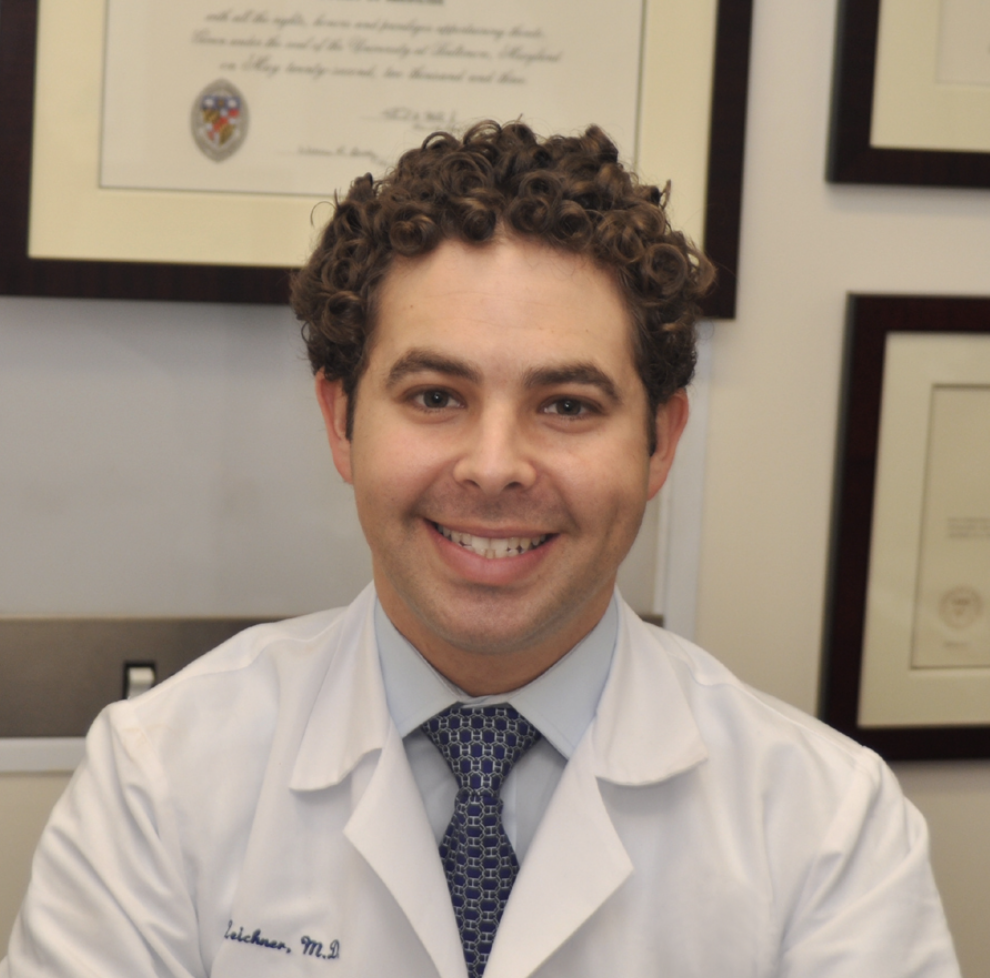
Dr. Joshua Zeichner is an Associate Professor of Dermatology and the Director of Cosmetic & Clinical Research in Dermatology at Mount Sinai Hospital in New York City. He is one of the country's key opinion leaders in treating acne and rosacea, and is an expert in cosmeceuticals, skin care, and cosmetic Dermatology.
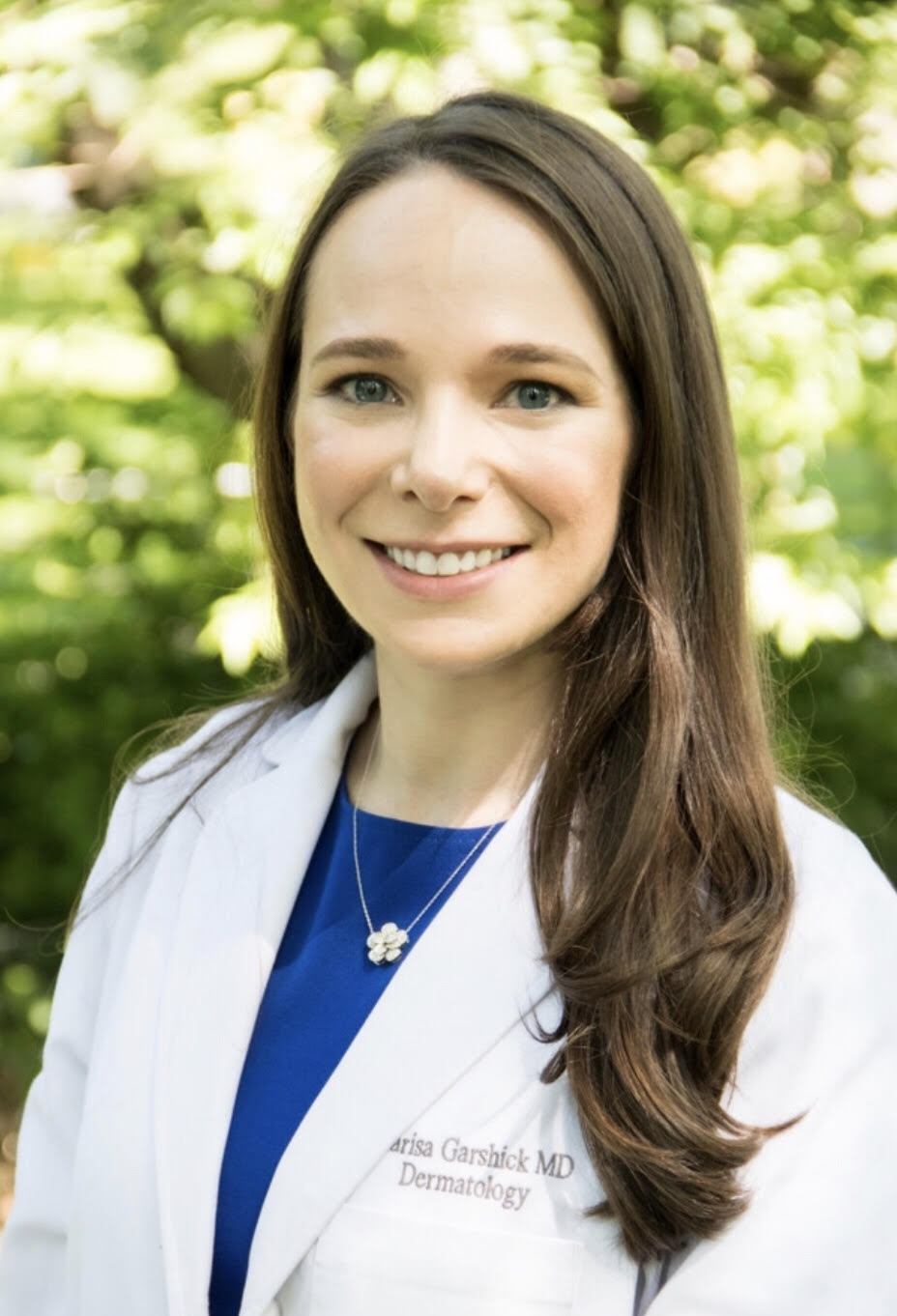
Marisa Garshick, MD, FAAD is a leading board-certified dermatologist serving patients throughout Manhattan, New York at MDCS Dermatology: Medical Dermatology & Cosmetic Surgery, as well as an assistant clinical professor of dermatology at Cornell - New York Presbyterian Medical Center. Dr. Garshick provides a wide variety of cosmetic and medical procedures and services including treatments for acne, eczema, hyperhidrosis, moles, psoriasis, rosacea, signs of aging, skin cancer, skin tags, vitiligo, and wrinkles.
She completed her undergraduate education at Emory University and attended medical school at Tufts University School of Medicine, where she graduated with Research Honors and Alpha Omega Alpha. As a medical student, Dr. Garshick was awarded the prestigious Doris Duke Clinical Research Fellowship at Harvard Medical School, during which she performed dermatology clinical trials and research at Massachusetts General Hospital. She was also awarded the American Medical Women’s Association Glasgow-Rubin Academic Achievement Award for graduating in the top of her class and the William Dameshek Award for Research Excellence. Dr. Garshick’s post-graduate training in dermatology began with an internship at Memorial Sloan Kettering Cancer Center. She completed her dermatology residency at Cornell’s New York Presbyterian Hospital, where she served as Chief Resident in Dermatology.
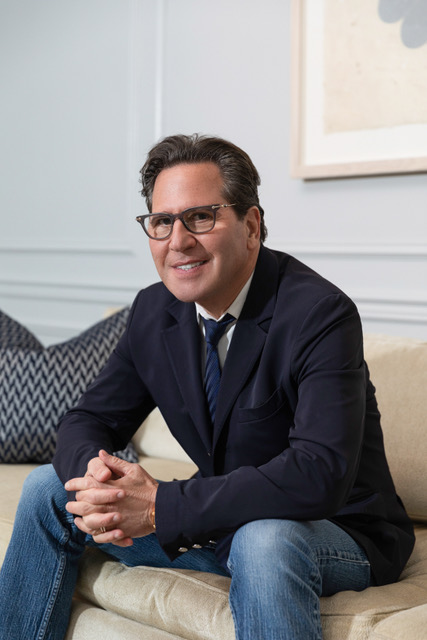
A leader in the industry, Dr. Howard Sobel is a board-certified dermatologic cosmetic surgeon at Sobel Skin. He encompasses over 25 years of experience, knowledge, and commitment to providing exceptional patient care.
Born and raised in New York City, Dr. Sobel brings his passion for dermatology and cosmetic surgery to Park Avenue on the Upper East Side. He has been recognized by both Castle Connolly and New York Magazine for 21 consecutive years as the area’s top Dermatologist and Dermatologic Surgeon.
Get exclusive access to fashion and beauty trends, hot-off-the-press celebrity news, and more.
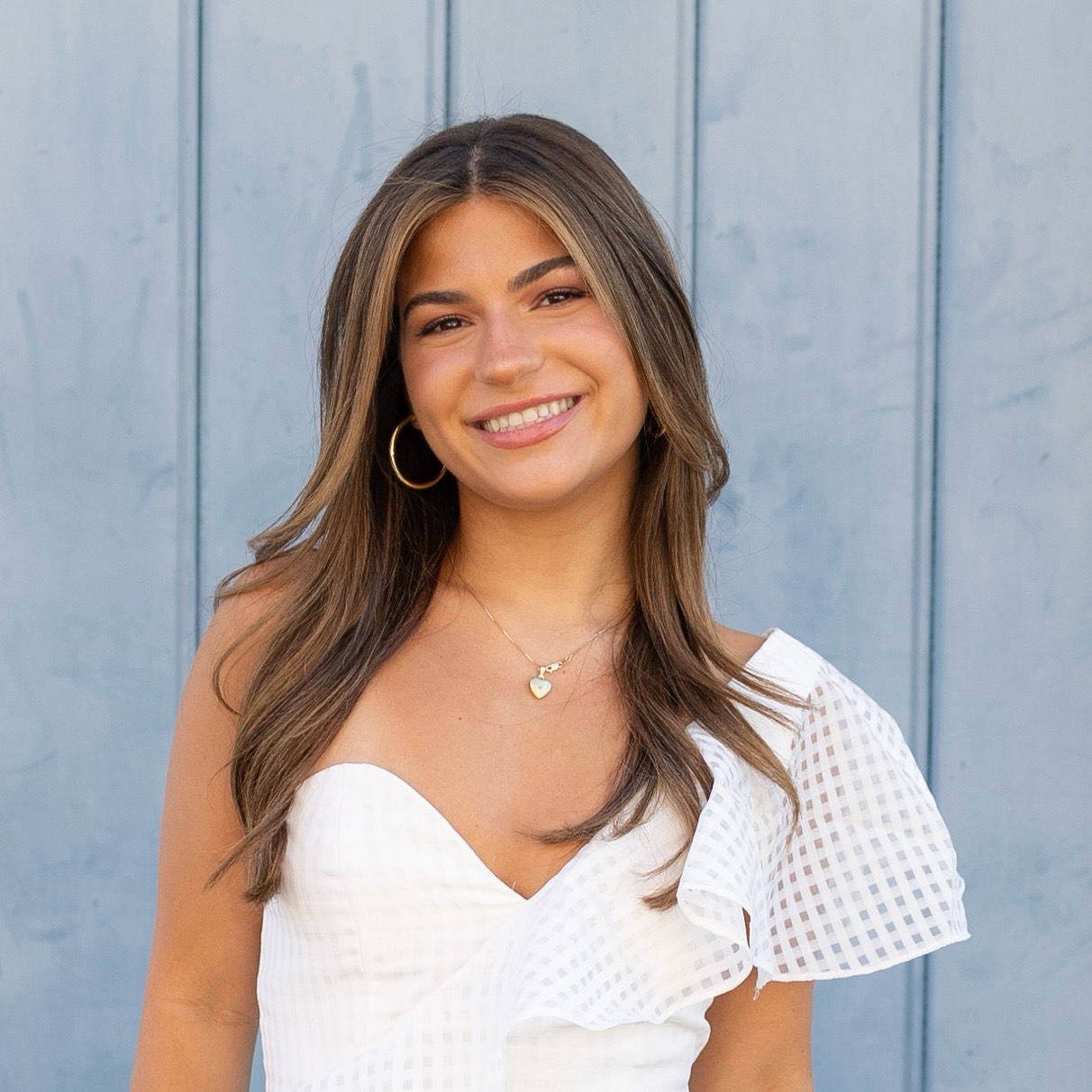
Emma Aerin Becker is a Freelance Beauty Writer at Marie Claire, where she deep-dives into makeup, skincare, and hair trends, rounding up the latest and greatest products. She has a lifelong love of style and beauty — especially when it comes to the way the latest trends and must-have products intersect with celebrity and culture. Emma also works for People magazine as a writer on their parents team, where she stays on the pulse of pop culture and covers breaking celebrity parents news daily. She has been working in the industry for four years, covering topics such as beauty, fashion, pop culture, celebrity news, and entertainment. Her words have also appeared on The New York Post’s Decider.com, Aspen Magazine, Philadelphia Style, Boston Common, Capitol File, College Fashionista, The Crescent, and ViaNolaVie.
- Hannah Morrill
- Brooke KnappenbergerAssociate Commerce Editor